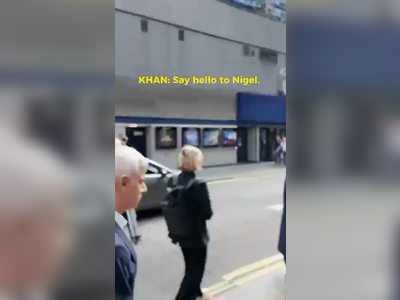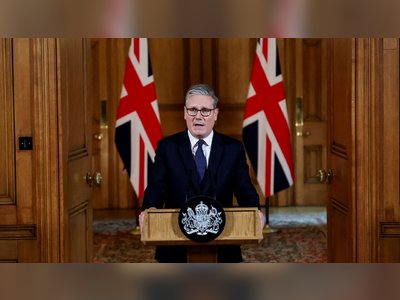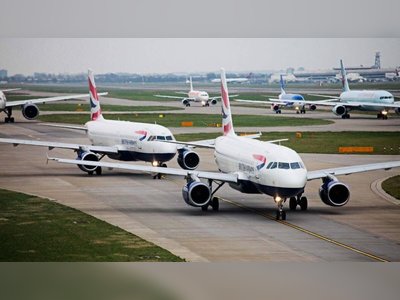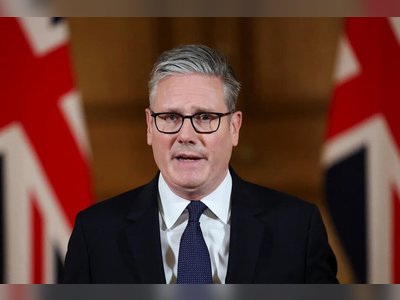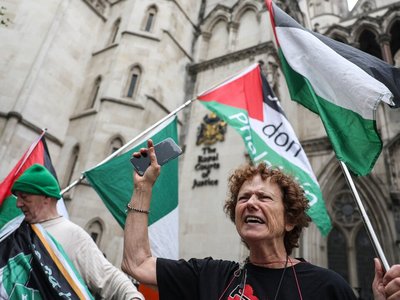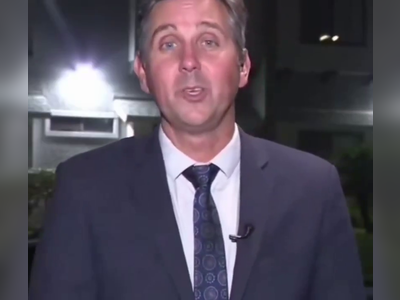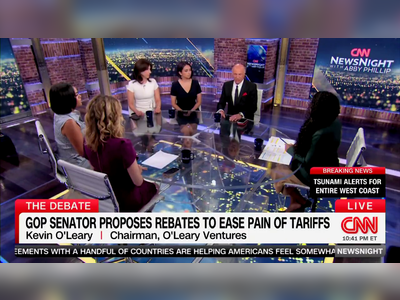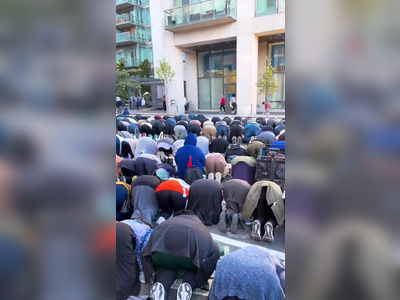
Michael Gove's Defense of Boris Johnson's Lockdown Decision-Making in Covid Inquiry
Michael Gove, a member of the UK Cabinet, has defended former Prime Minister Boris Johnson's decision-making during the initial stages of the COVID-19 pandemic, arguing against claims of Johnson's indecision in a COVID inquiry.
While he acknowledged that lockdown measures were imposed later than they should have been in March and November 2020, Gove took personal responsibility for the government's errors and extended an apology to the victims and families affected by the pandemic.
Gove noted that making decisions such as lockdowns was contrary to Johnson's political beliefs but emphasized that the government did make mistakes. As a key figure in the pandemic response, his evidence and apology are considered significant in the inquiry process.
The inquiry delved into Johnson's government's decision-making processes, including whether Johnson was indecisive as suggested by former advisers. Contrary to this view, Gove praised Johnson's democratic decision-making approach and also commended former Health Secretary Matt Hancock for his decisions. Hancock, Johnson, and current Prime Minister Rishi Sunak are scheduled to testify before the end of the year.
Gove admitted the UK was underprepared for the pandemic, citing issues with testing and PPE procurement, and recognized the lack of attention to the pandemic's impact on children. He expressed concerns about the capacity of the Cabinet Office during the pandemic, apologizing for his language in a heated message exchange with Dominic Cummings.
The discussion briefly touched on theories regarding the origins of COVID-19, but the inquiry's focus remains on the UK's political governance during the crisis. Upcoming testimonies are expected from other key figures, such as Hancock and former Deputy Prime Minister Dominic Raab. The inquiry continues to investigate the core UK decision-making and political governance related to the pandemic.
Gove noted that making decisions such as lockdowns was contrary to Johnson's political beliefs but emphasized that the government did make mistakes. As a key figure in the pandemic response, his evidence and apology are considered significant in the inquiry process.
The inquiry delved into Johnson's government's decision-making processes, including whether Johnson was indecisive as suggested by former advisers. Contrary to this view, Gove praised Johnson's democratic decision-making approach and also commended former Health Secretary Matt Hancock for his decisions. Hancock, Johnson, and current Prime Minister Rishi Sunak are scheduled to testify before the end of the year.
Gove admitted the UK was underprepared for the pandemic, citing issues with testing and PPE procurement, and recognized the lack of attention to the pandemic's impact on children. He expressed concerns about the capacity of the Cabinet Office during the pandemic, apologizing for his language in a heated message exchange with Dominic Cummings.
The discussion briefly touched on theories regarding the origins of COVID-19, but the inquiry's focus remains on the UK's political governance during the crisis. Upcoming testimonies are expected from other key figures, such as Hancock and former Deputy Prime Minister Dominic Raab. The inquiry continues to investigate the core UK decision-making and political governance related to the pandemic.
